Potassium-Rich Foods
Potassium is a key player in good health, but you may not be getting enough from food. Potassium is part of every cell in the body, and life would be impossible without it. However, potassium is often taken for granted, in spite of its role in maintaining fluid balance, and keeping your brain, nerves, heart, and muscles functioning normally on a constant basis.
It’s important to eat enough potassium every day to feel your best, and to help prevent certain chronic conditions. Falling short on potassium on a regular basis could jeopardize your long-term health in more ways that one.
Here’s how many milligrams (mg) of potassium you’ll get from each of these potassium-rich produce items:
- Winter squash, cubed, 1 cup, cooked: 896 mg
- Avocado, sliced, 1 cup, raw: 708mg
- Sweet potato, medium, baked with skin: 694 mg
- Potato, medium, baked with skin: 610 mg
- White beans, canned, drained, half cup: 595 mg
- Broccoli, 1 cup, cooked: 457 mg
- Cantaloupe, cubed, 1 cup: 431 mg
- Banana, 1 medium: 422 mg
- Lentils, half cup, cooked: 366 mg
- Pistachios, shelled, 1 ounce, dry roasted: 295 mg
Source: U.S. Department of Agriculture (USDA)
Benefits of Potassium-Rich Foods
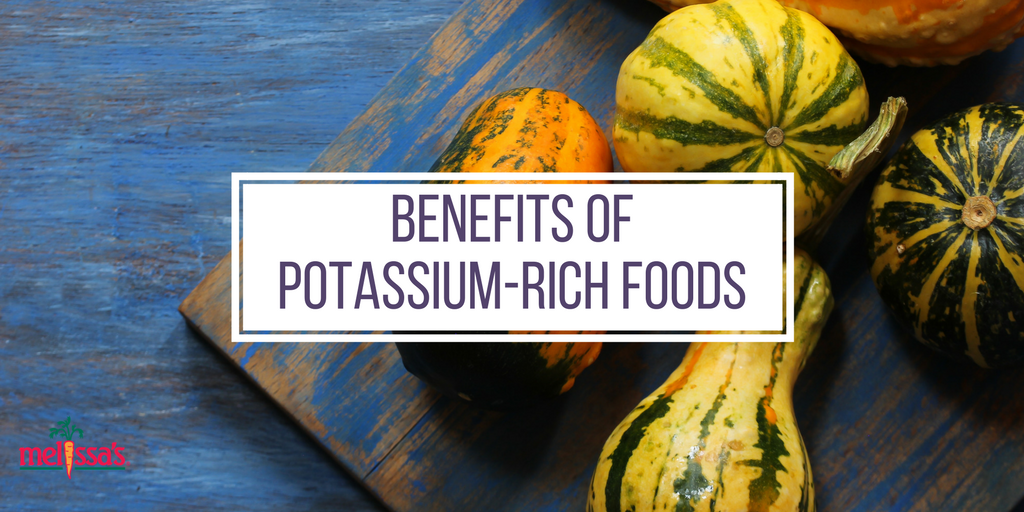 1. Boost Heart Health
1. Boost Heart Health
One thing a healthy heart definitely does is beat as it should. I’m talking about your heart rhythm, and potassium plays a direct role in making sure that rhythm is healthy and as it should be. If you’re having trouble with your heart rhythm, a potassium deficiency could easily play a role.
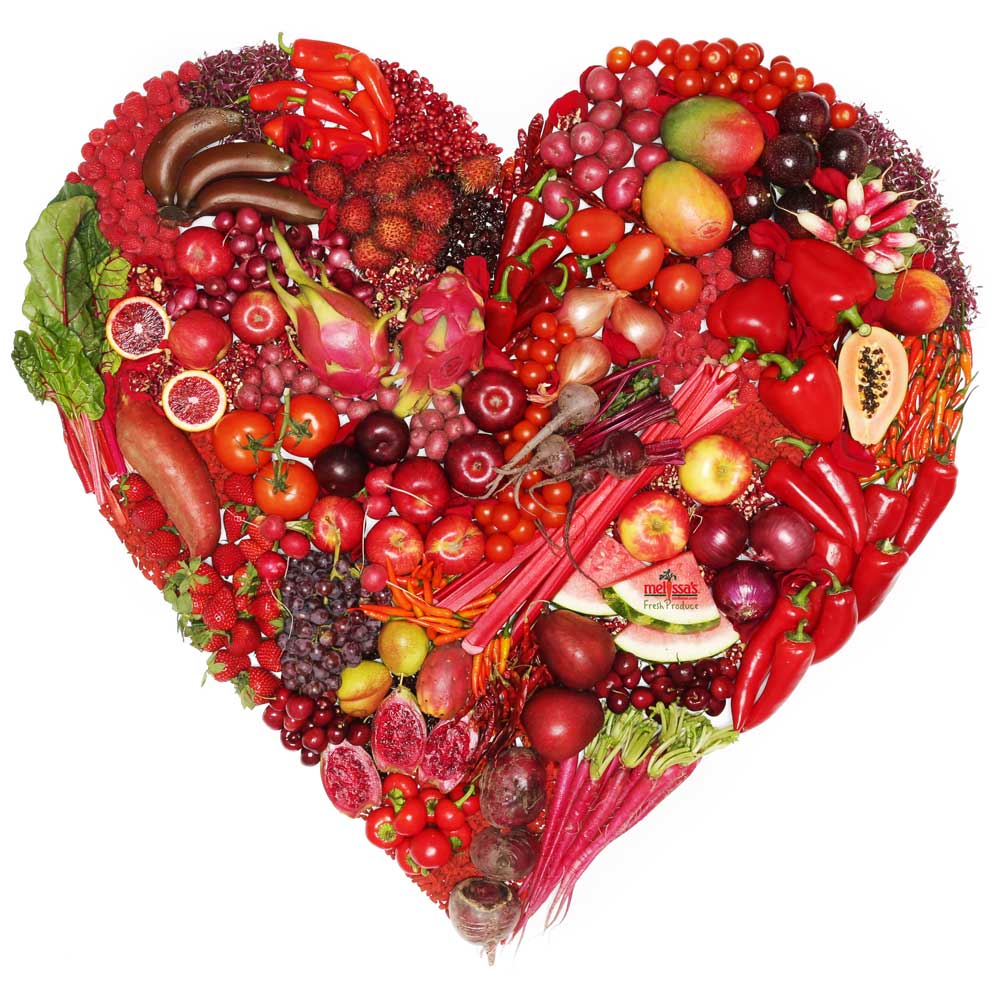 2. Decrease Cramps
2. Decrease Cramps
One of the main benefits of consuming high-potassium foods is decreased muscle cramping and improved muscle strength. Muscle weakness, muscle aches and muscle cramps are common side effects of low potassium levels. This can happen if an athlete becomes dehydrated and doesn’t consume enough potassium-rich foods before and after exercise. Potassium is also helpful for cramps related to premenstrual syndrome (PMS).
3. Reduce Risk of Stroke
Several observational studies have found that those with high potassium levels experience a lower risk of stroke. The risk of ischemic stroke in particular is lower in high potassium consumers. The positive relationship between increased potassium intake and decreased stroke risk is believed to be from dietary sources rather than supplements, which do not appear to provide the same positive effect.
4. Alleviate High Blood Pressure (Hypertension)
According to a recently updated Harvard Medical School publication, “the average American diet delivers too much sodium and too little potassium,” which is highly counterproductive when it comes to discouraging high blood pressure. Studies show that a diet high in potassium, especially potassium from fruits and vegetables, lowers blood pressure. This is especially true if the increase in potassium foods is not accompanied by an increase in high-sodium foods. One group that shouldn’t aim too high with potassium intake is people with kidney problems.
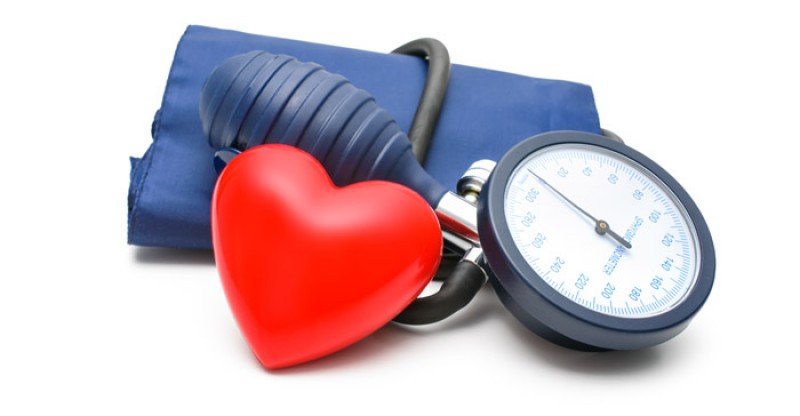
5. Lower Cellulite Appearance
One of the main causative factors of cellulite buildup is fluid retention. Most people consume far too much sodium and not near enough potassium. Sodium brings nutrients into your cells where potassium helps flush excess waste out of your cells. For this reason, if you reduce sodium intake and start consuming potassium-rich foods, you may reduce the appearance of cellulite.
6. Osteoporosis Protection
Research has found a direct relationship between increased bone density and increased intake of dietary potassium. Citrate and bicarbonate are two potassium salts that are naturally found in potassium-rich fruit and vegetables, and a recent study reveals that these potassium salts can actually improve the health of your bones and ward off osteoporosis.
This 2015 study out of the University of Surrey published in the journal Osteoporosis International found that a high consumption of potassium salts significantly decreases the urinary excretion of both acid and calcium. Why is this significant? Because the potassium salts actually help the bones not to reabsorb acid and also to maintain its vital mineral content. So by consuming potassium-rich fruits and vegetables, you can actually help preserve your bones and prevent serious bone-related health issues like osteoporosis.
7. Proper Food Processing and Growth
Your body actually requires potassium in order to process and utilize the carbohydrates you consume. As an a child or an adult, you also require potassium to build protein and muscle. If you’re younger in age and your body is still growing, then potassium helps ensure that your growth continues at a normal, healthy rate.

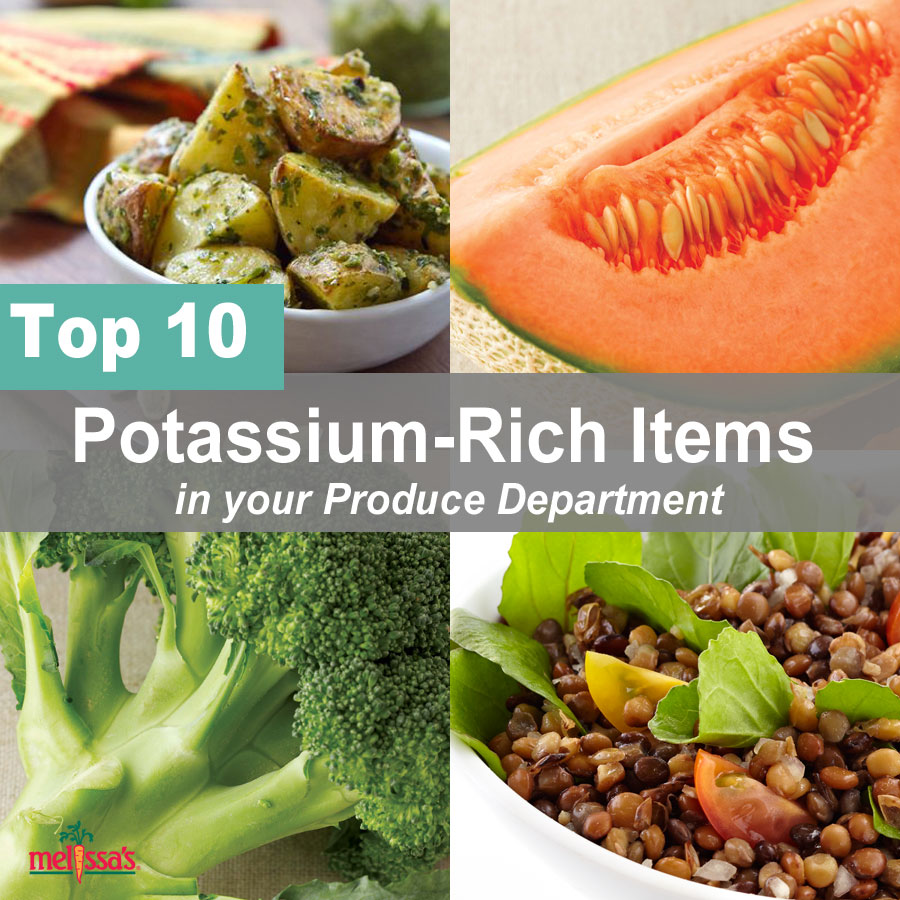



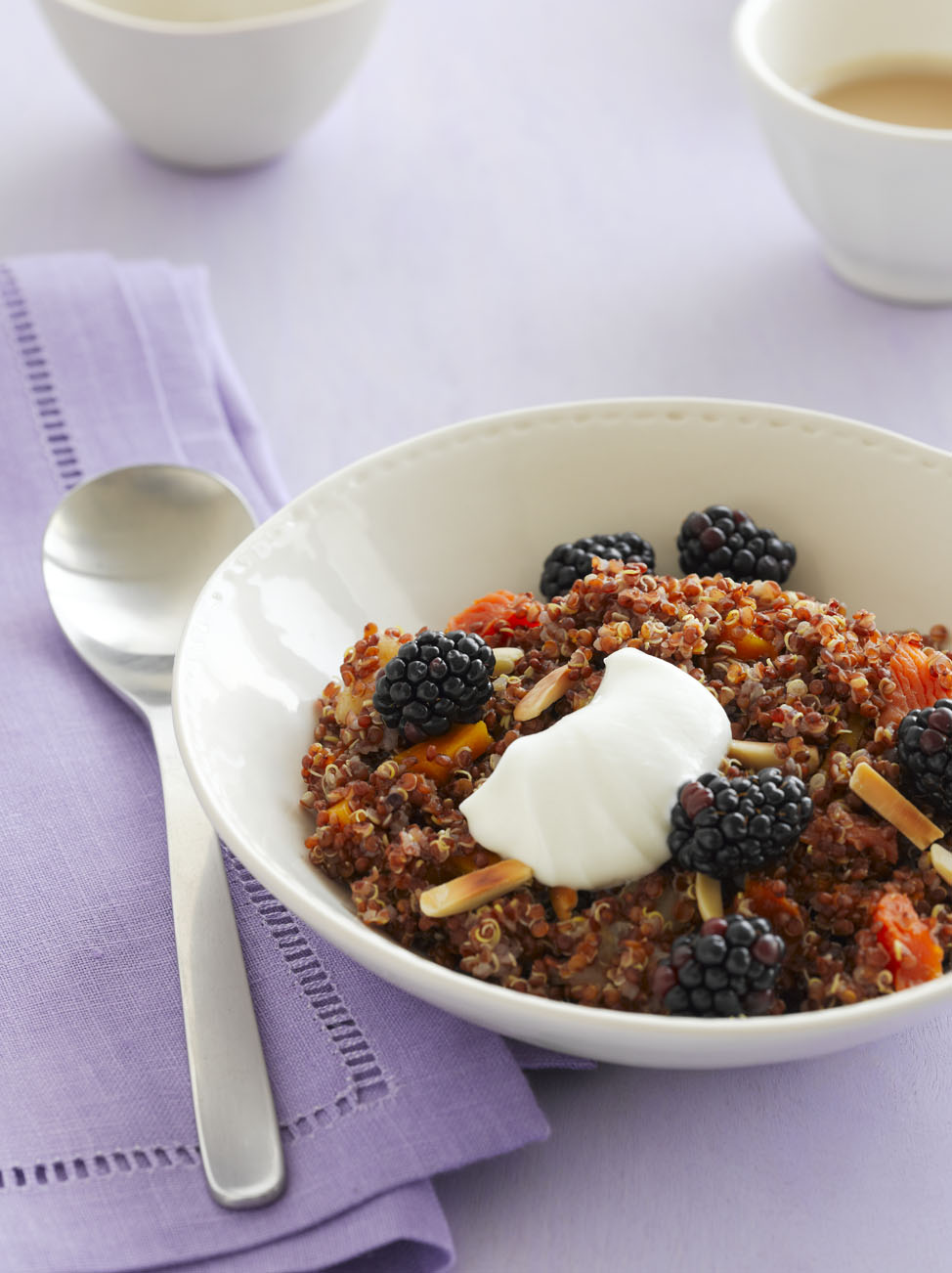

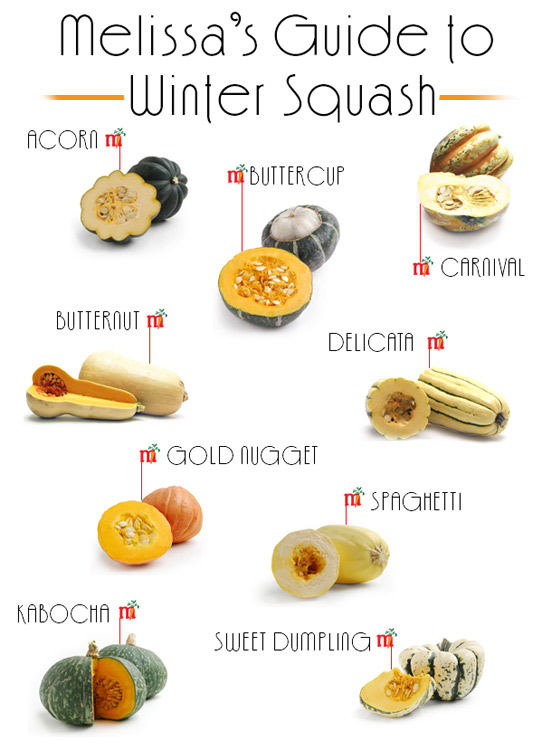
I totally need these potassium rich foods because there are times that when I work out, I still feel some cramps on my legs. Also, eating this healthy food are very very nice especially to those who are trying to lose weight and gain muscles because these are guilt free foods. II also found out that beans are one of the foods rich in amino acids. Thanks so much for sharing this!